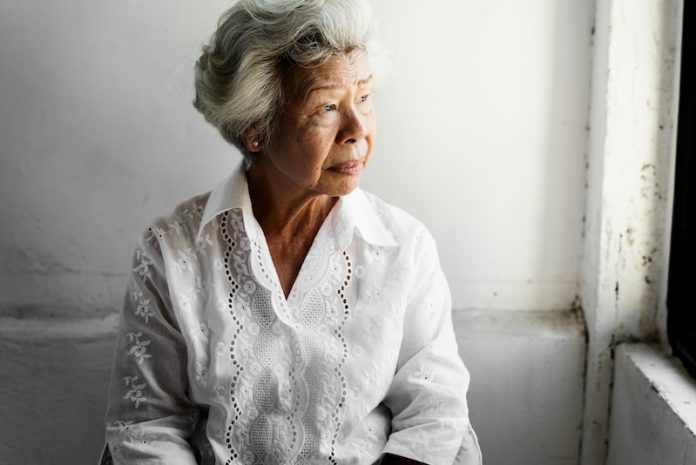
Dementia is often seen as a frightening condition, symbolizing not just memory loss but a gradual fading of one’s personality and abilities.
It affects how people think, remember, and make decisions, interfering with everyday life.
A common question for many is whether people with dementia are aware of their condition. This question brings us to a concept known as “anosognosia,” a term from Greek meaning “without knowledge of disease.”
Essentially, anosognosia is when a person doesn’t recognize their own health condition, and it is common in types of dementia like Alzheimer’s disease.
Anosognosia is not the same as denial; it’s a genuine lack of awareness, caused by changes in the brain. Research shows that as dementia damages certain brain areas, the ability to recognize cognitive decline may be lost.
Awareness among individuals with dementia can vary widely, often depending on the stage of dementia and the specific brain regions affected.
In the early stages, many people with dementia are aware that they are experiencing memory problems or struggling with tasks. This awareness can lead to frustration, sadness, and sometimes even anxiety.
Recognizing their own cognitive decline can also lead some individuals to develop depression or other emotional struggles. However, as dementia progresses, this awareness may fade.
The disease eventually impacts brain areas linked to insight and judgment, reducing the person’s ability to notice their symptoms.
In the later stages, many people with dementia are not aware of their memory loss or cognitive problems, which can sometimes be a relief for them, sparing them from the stress of seeing their own decline.
Yet, this lack of awareness can create challenges for caregivers who need to balance respect for the person’s preferences with the reality of their condition.
Research has explored ways to help people with dementia retain some awareness of their situation, although the results are mixed. Some studies suggest that personalized activities might help people stay more aware, potentially improving their quality of life.
However, increasing a person’s awareness of their symptoms is not always the best approach; in some cases, it may cause more distress.
For caregivers and family members, understanding this shift in awareness can lead to a more compassionate approach to care. It’s important to remember that each individual’s experience with dementia is unique.
So, do people with dementia know they have it? The answer is complex and varies from person to person. For some, self-awareness may come and go, while for others, it may diminish over time.
Knowing about these changes in awareness can help caregivers provide support in a way that respects the dignity and comfort of individuals with dementia.
Ultimately, recognizing the shifting awareness in dementia can guide more thoughtful and empathetic care, helping to improve the quality of life for those affected and the people who support them.
If you care about brain health, please read studies about inflammation that may actually slow down cognitive decline in older people, and low vitamin D may speed up cognitive decline.
For more information about brain health, please see recent studies about common exercises that could protect against cognitive decline, and results showing that this MIND diet may protect your cognitive function, prevent dementia.
Copyright © 2024 Knowridge Science Report. All rights reserved.



